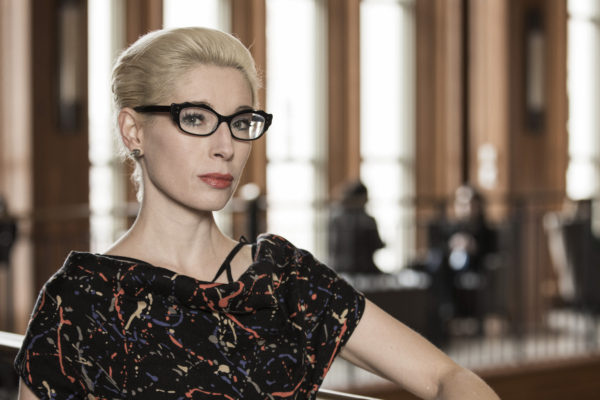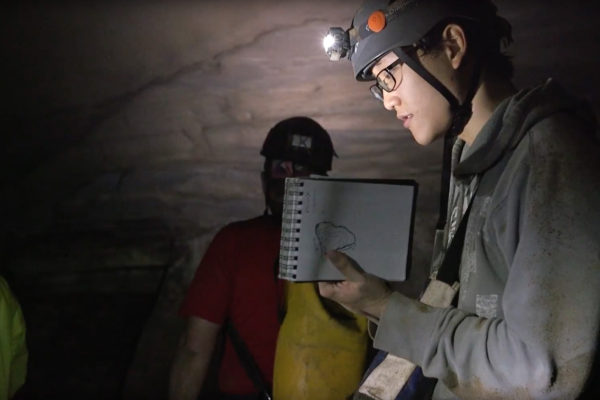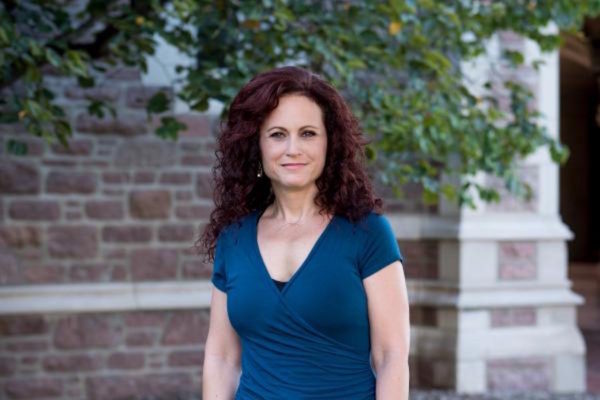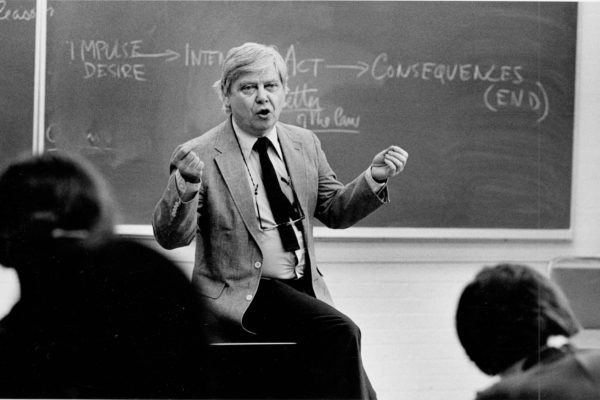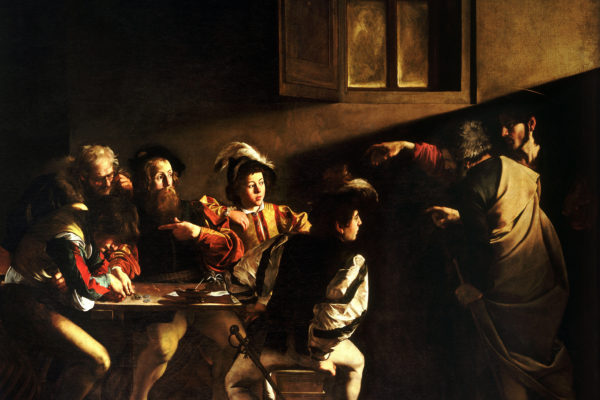Fritz, Mueller receive Southeastern Archaeological Conference award
Gayle Fritz, professor of archaeology, and Natalie Mueller, a 2017 doctoral graduate, both of the Department of Anthropology in Arts & Sciences at Washington University in St. Louis, have received the Patty Jo Watson Award for the year’s best article or book chapter on Southeastern archaeology.
G’Sell publishes ‘Life After Rugby’ collection
“Life After Rugby,” the first book-length poetry collection by Eileen G’Sell, was published in December by Gold Wake Press. G’Sell is a lecturer in writing and in the Prison Education Project in Arts & Sciences.
Senior Cormac O’Halloran among top 10 ROTC cadets
Washington University in St. Louis Cadet Cormac O’Halloran, a senior majoring in political science in Arts & Sciences, was named as one of the top Army Reserve Officer Training Corps cadets in the nation.
University faculty among Chouteau Greenway finalists
Four faculty members from the Sam Fox School of Design & Visual Arts are among the finalists in the international Chouteau Greenway Design Competition, which aims to connect dozens of cultural and educational institutions from Forest Park to the Arch. Washington University is a partner in the greenway project.
Caves, architecture & ‘Disappearing Ground’
Where do nature and design meet? And how does one create space within evolving nature? This fall, students in the Sam Fox School of Design & Visual Arts explored those questions as part of “Disappearing Ground,” a speculative studio centering on Fogelpole Cave in Illinois.
New book by Griffith tackles timely subject
In her new book, “Moral Combat: How Sex Divided American Christians and Fractured American Politics” (Basic Books, 2017), Washington University’s R. Marie Griffith offers a compelling history of the religious debates over sex and sexuality that came to dominate American public life.
Lester honored for best paper in psychological anthropology
Rebecca Lester, associate professor of sociocultural anthropology in Arts & Sciences, has been awarded the 2017 Stirling Prize for the Best Publication in Psychological Anthropology.
Student’s pumpkin-white chocolate cookie wins contest
Washington University in St. Louis senior Cole Warner makes a killer cookie. Warner’s recipe for pumpkin-white chocolate chip snickerdoodles bested about 80 recipes to win the Judges’ Pick award for the annual St. Louis Post-Dispatch Cookie Contest.
Obituary: William H. Gass, professor emeritus, 93
World-renowned author and literary critic William H. Gass, the David May Distinguished University Professor Emeritus in the Humanities at Washington University in St. Louis, died Wednesday, Dec. 6, 2017, at his home in University City, Mo. He was 93.
Enacting Caravaggio
“The Calling of St. Matthew” is a masterpiece of light and shadow. For the seminar “Caravaggio: Master and Murderer,” art historian William Wallace enlisted students and colleagues from the Performing Arts Department in Arts & Sciences to explore the painting’s mysteries.
View More Stories

